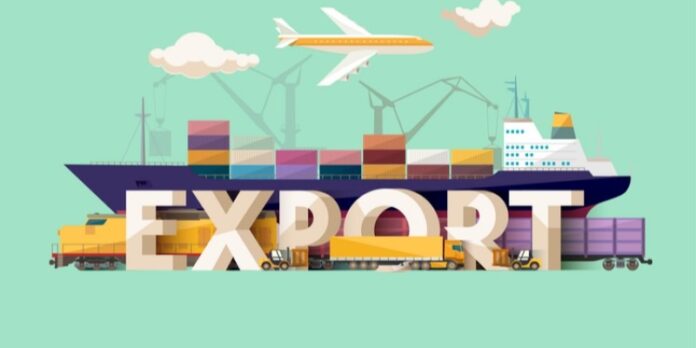August 07, Colombo (LNW): In a bid to confront the recent tariff escalation by the United States, the Sri Lanka Export Development Board (EDB) hosted a high-level policy dialogue yesterday (06), bringing together top government officials, trade experts, and export industry stakeholders.
The forum, held in Colombo, was a direct response to Washington’s imposition of a 20 per cent levy on a broad range of Sri Lankan goods, a move that has raised alarm across several key export sectors.
EDB Chairman and Chief Executive Mangala Wijesinghe opened the session with a call for collective resilience, urging exporters and policymakers to rise to the occasion with a united front.
He described the current challenge not as a setback, but as an opportunity to rethink traditional models, foster innovation, and diversify market engagement beyond historically dominant partners.
“We must treat this moment not with despair, but with resolve. Our competitive edge will depend on how quickly we adapt—and how well we work together,” Wijesinghe noted, adding that a fragmented response would only deepen the adverse effects of the tariff.
Senior figures from across the public sector added weight to the discussion, outlining a range of support measures and strategic recalibrations in the works. Finance Secretary Dr Harshana Suriyapperuma indicated that the government is preparing a suite of financial interventions, including relief packages and incentives, to assist exporters in cushioning the impact of increased tariffs.
Meanwhile, Industry Secretary J.M. Tilaka Jayasundara pointed to the necessity of transforming production methods. He highlighted initiatives to encourage local industries to invest in value addition, improve supply chain efficiency, and embrace modern manufacturing technologies that can give Sri Lankan exports a competitive edge.
From a policy standpoint, Trade Secretary K.A. Vimalenthirarajah acknowledged the longer-term structural shifts necessary in the face of a volatile global trade landscape. He outlined the government’s plans to revise trade agreements, strengthen bilateral partnerships, and reorient export policy to reflect emerging geopolitical and economic realities.
One of the more forward-looking contributions came from EDB Acting Director of Market Development Saumya Kannangara, who stressed the urgency of exploring underutilised global markets. She presented data-driven insights into trade prospects across Europe and Asia, underscoring that dependence on a single dominant buyer leaves the export economy highly vulnerable to political and economic fluctuations abroad.
Kumudinie Mudalige, Acting Director General of Development at the EDB, joined the roundtable alongside representatives from various export associations, chambers of commerce, and private sector leaders. The discussions reflected a rare moment of alignment across public and private sectors, unified by a shared concern over the sustainability of the country’s export performance.
The forum concluded with an agreement to establish a working group tasked with implementing adaptive strategies, promoting new market access, and maintaining momentum in export-led growth despite global headwinds.

